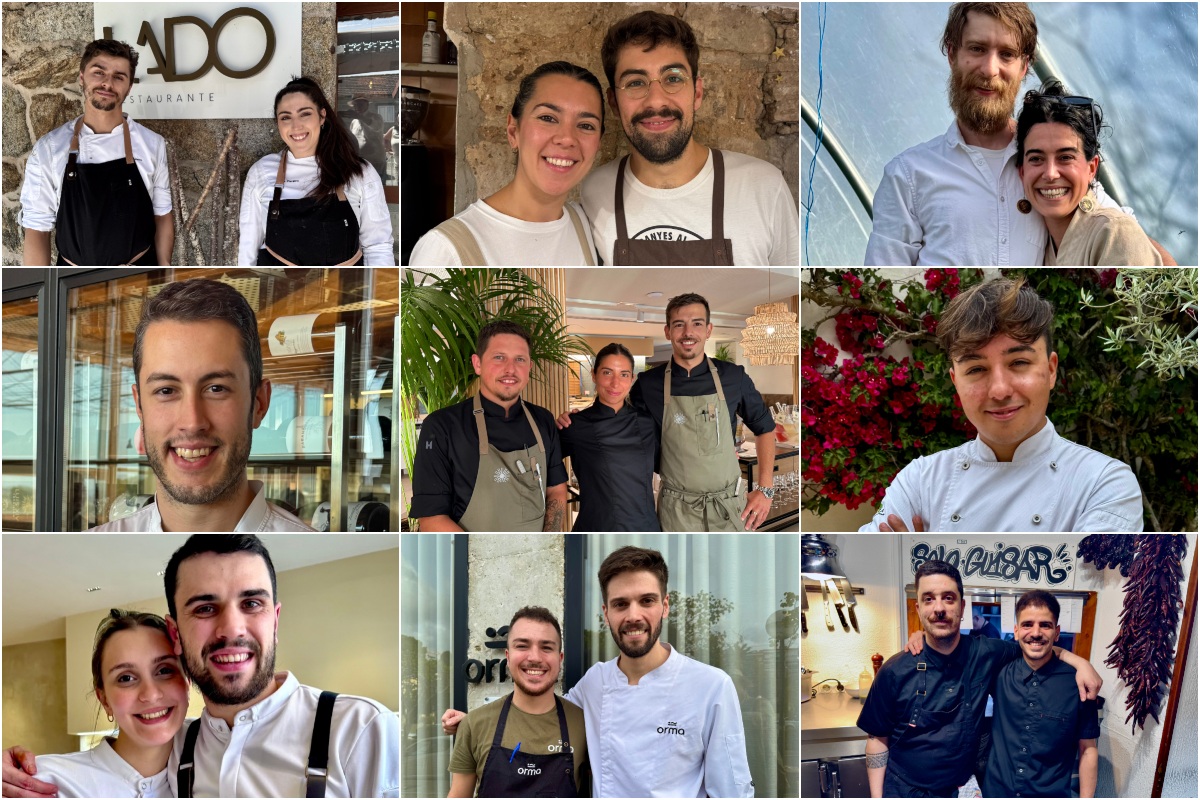News
A national strategy to “remain number one”

After ‘more than a hundred meetings’ and in-depth analyses of consumer trends, the government presents a plan with gastronomy as the final link in the value chain
After analyzing food in Spain and consumption and its trends, the Ministry of Agriculture, Fisheries and Food developed a National Food Strategy which concludes that “in the value-added chain, the final crystallization is gastronomy,” says Ana Rodríguez Castaño, Secretary General of Agricultural Resources and Food Safety at Madrid Fusion. “Food eaten outside the home represents 15% of the total volume but 30% of the value. The fact that it is double that gives you an idea of the power of the restaurant industry in our country.” The data indicates that this translates into ‘more than 34 billion euros. You have to start with a wonderful product and it becomes a recognition of the identity of Spanish products,’ says Rodríguez Castaño. “With this national strategy we want to value farmers, ranchers and fishermen, but ending with the idea that gastronomy is what drives us to keep moving forward.”
With 90 million tourists a year, exports worth 70 billion euros and fifth place in the Michelin star rankings, the “gastronomic ecosystem” is involved in a third of the economy and generates seven million jobs. “Gastronomy transcends the act of eating and becomes an act of culture and identity,” says Rodríguez Castaño.
After more than one hundred meetings “at the highest level” with NGOs, environmentalists, agricultural and gastronomic professional associations, “we received many proposals, some realistic and others far-fetched. We made a termometer. In red we put the ones that everyone was requesting, such as Km 0 food, labeling issues, VAT or the public purchase of food,” recalls Rodríguez Castaño, about this document of more than 200 pages. The proposals must also be adapted to national and European regulations. ”They were grouped by priority. We want to remain number one and we have set the way forward.”
Beyond the business and the figures, there is also a plan to persuade schools to improve culinary education, supporting autonomous communities that include initiatives that favor a return to a diet that “educates the gustatory and olfactory memory,” a challenge for the future, concludes Rodríguez Castaño.


